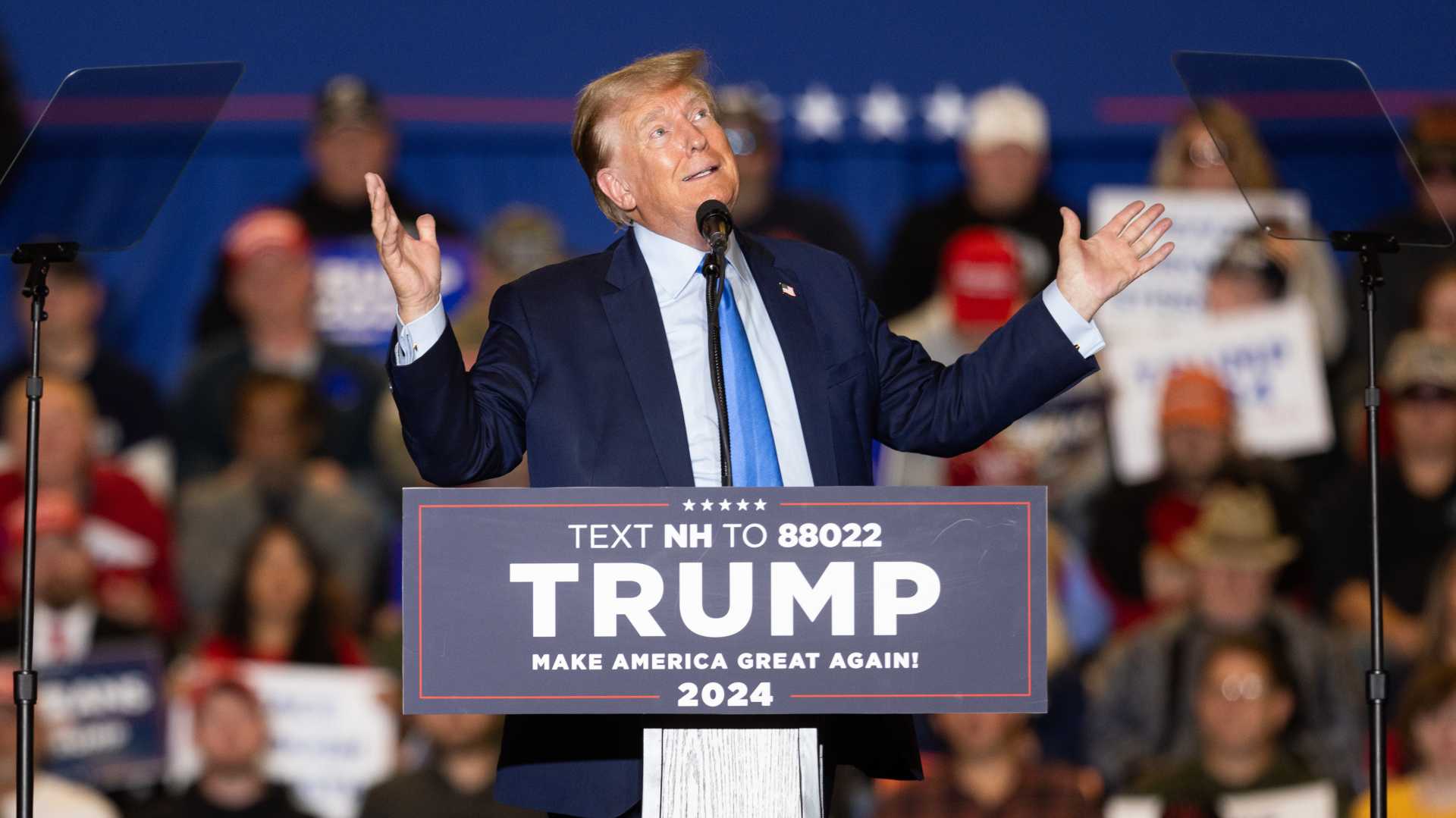Politics
Trump Intensifies Authoritarian Rhetoric, Sparks Concerns Over Democracy

Former President Donald Trump has escalated his rhetoric in recent days, drawing sharp criticism for his authoritarian language and actions. During a speech in Aurora, Colorado, Trump labeled his Democratic opponent, Vice President Kamala Harris, as a “criminal” despite his own recent conviction on 34 felony charges related to falsifying business records in New York.
Trump’s strategy of branding his opponents as criminals has been a consistent theme in his campaign, but it has intensified as the 2024 election approaches. He has repeatedly asserted that speech he finds objectionable is unlawful, even when it is protected by the First Amendment. For instance, he called a dubious edit of a ’60 Minutes’ interview featuring Harris “totally illegal” and demanded that CBS lose its broadcasting license. He also accused Google of allowing “totally illegal” edits in paid advertisements by the Harris campaign.
Trump’s rhetoric has been compared to that of authoritarian regimes by experts. Ruth Ben-Ghiat, a professor at New York University, noted that Trump’s actions are reminiscent of autocrats like Orban, Modi, and Putin. “This is straight from the autocratic playbook. When autocrats consolidate power, any challenge to it or exposure of their corruption becomes illegal,” she explained.
In addition to his verbal attacks, Trump has faced other controversies. A man was arrested near his rally in Coachella, California, for illegally possessing multiple guns, including a loaded firearm and a high-capacity magazine. The incident did not impact the safety of Trump or the attendees but highlights the tense atmosphere surrounding his events.
Former Rep. Liz Cheney also criticized Trump’s actions, emphasizing his record of doing things he knows are wrong and unconstitutional. Cheney pointed out that Trump watched for over three hours as the Capitol was attacked by a mob he had sent, and he refused to tell them to go home. She expressed concern about the possibility of a peaceful transfer of power if Trump were to regain the presidency.












